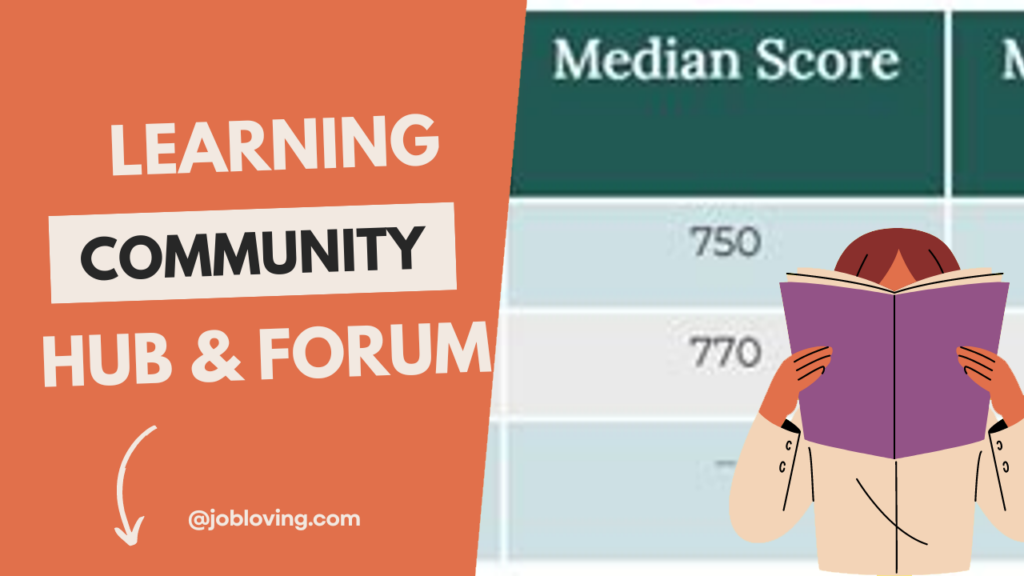Ever wondered if your GPA is enough to unlock the gates of Ivy League prestige? Well, look no further! Dartmouth is known for its rigorous academic standards, and many prospective students find themselves biting their nails, pondering the age-old question: “Can I get into Dartmouth with a 3.7 GPA?” Spoiler alert: it’s not a slam dunk, but it’s definitely worth exploring!
The Short Answer: Yes, but…
While you can apply with a 3.7 GPA, most admitted transfer students typically flaunt a GPA of 3.7 or higher, making the 4.0 club look pretty inviting.
Now, let’s break it down: a 3.7 GPA puts you in a respectable position, but to really shine amid fierce competition, you might want to aim higher—think closer to that golden 4.0 mark! Keep in mind that your application isn’t just a number; Dartmouth takes a holistic approach. They’ll consider your coursework rigor, extracurricular activities, recommendation letters, and your epic personal essays! So, don’t fret if your GPA is a tad below the average; a stellar essay or killer recommendations could make you stand out. It’s about weaving together a narrative that encapsulates who you are beyond just numbers.
In summary, a 3.7 GPA is a stepping stone, but if you truly aspire for Dartmouth, consider pushing that GPA up and fortifying other areas of your application. Dive deep into your passions, and remember—this is about showcasing your potential! If you have any more questions or want to learn from like-minded peers, join the JobLoving community for resources and tips on your journey to higher education!
Key takeaways about Can I get into Dartmouth with a 3.7 GPA?
Admission Considerations at Dartmouth
- A 3.7 GPA aligns with the average for admitted transfer students at Dartmouth College.
- The admissions process at Dartmouth emphasizes a holistic review of each transfer applicant’s profile.
- Admissions consider the overall academic record, not just GPA, for transfer applicants at Dartmouth.
- Dartmouth reviews courses taken and grades received over time for transfer admission decisions.
- A 3.7 GPA is competitive, but other factors also influence transfer admission outcomes at Dartmouth.
- A GPA of 3.7 reflects strong academic performance, increasing chances for successful transfer admission.
- Strong academic performance in challenging courses can enhance a transfer applicant’s chances at Dartmouth.
- Strong standardized test scores, like a 2400 SAT, can significantly enhance your application chances.
- Consistency in senior year courses and grades is essential for a competitive application profile.
- The overall strength of an applicant’s profile plays a critical role in admission decisions.
Impact of Extracurricular Activities
- Extracurricular involvement is a significant factor in Dartmouth’s evaluation of prospective students.
- Over 22% of Dartmouth undergraduates participate in intercollegiate sports, showcasing diverse student interests.
- A well-rounded application showcasing unique strengths is vital for standing out at Dartmouth.
- Letters of recommendation should highlight the applicant’s overall persona and extracurricular achievements effectively.
- An impressive resume can bolster an application, particularly when combined with a solid GPA.
- Personal growth and achievements can significantly impact the overall evaluation of an application.
- Applicants should aim to showcase their unique qualities and experiences in their applications.
- Dartmouth seeks students who align with its community and values beyond academics.
Unique Applicant Profiles
- Students with GPAs below 3.7 may still be considered based on other qualifications.
- Applicants with GPAs in the 3.6-3.8 range may still have reasonable chances for admission.
- Personal anecdotes, like successful admissions with lower GPAs, demonstrate that profiles can vary widely.
- Dartmouth values applicants who show resilience and improvement throughout their high school journey.
- The admissions committee looks for diverse backgrounds and experiences in decision-making.
- Academic rigor in courses taken can enhance the appeal of a 3.7 GPA application.
- Transfer applicants should highlight unique experiences and achievements alongside their GPA in applications.
- A student’s academic progression over four years is crucial for Dartmouth admissions consideration.
Competitiveness of Dartmouth Admissions
- Dartmouth’s acceptance rate is around 9-10%, making admission highly competitive each year.
- Raw academic metrics, like GPA, are just one aspect of the competitive application landscape.
- A 3.7 GPA is below Dartmouth’s average, but other factors can compensate for it.
- Achieving a strong GPA is important, but it must be complemented by other application elements.
- Holistic admissions allow for diverse backgrounds and experiences to be considered in decision-making.

